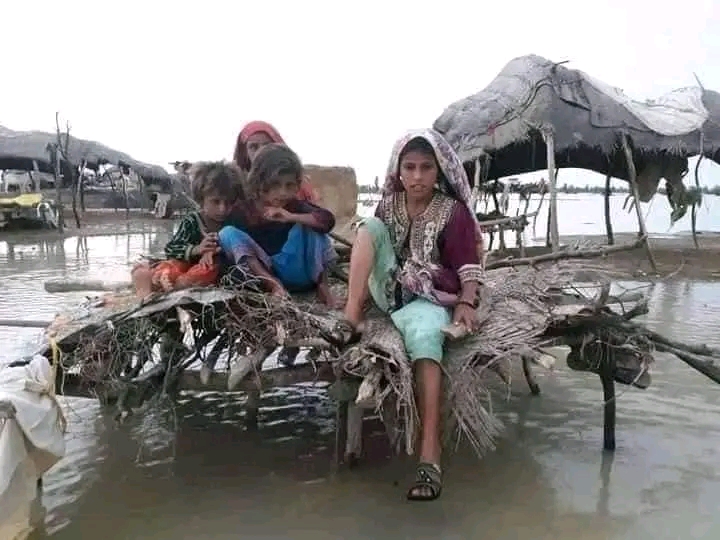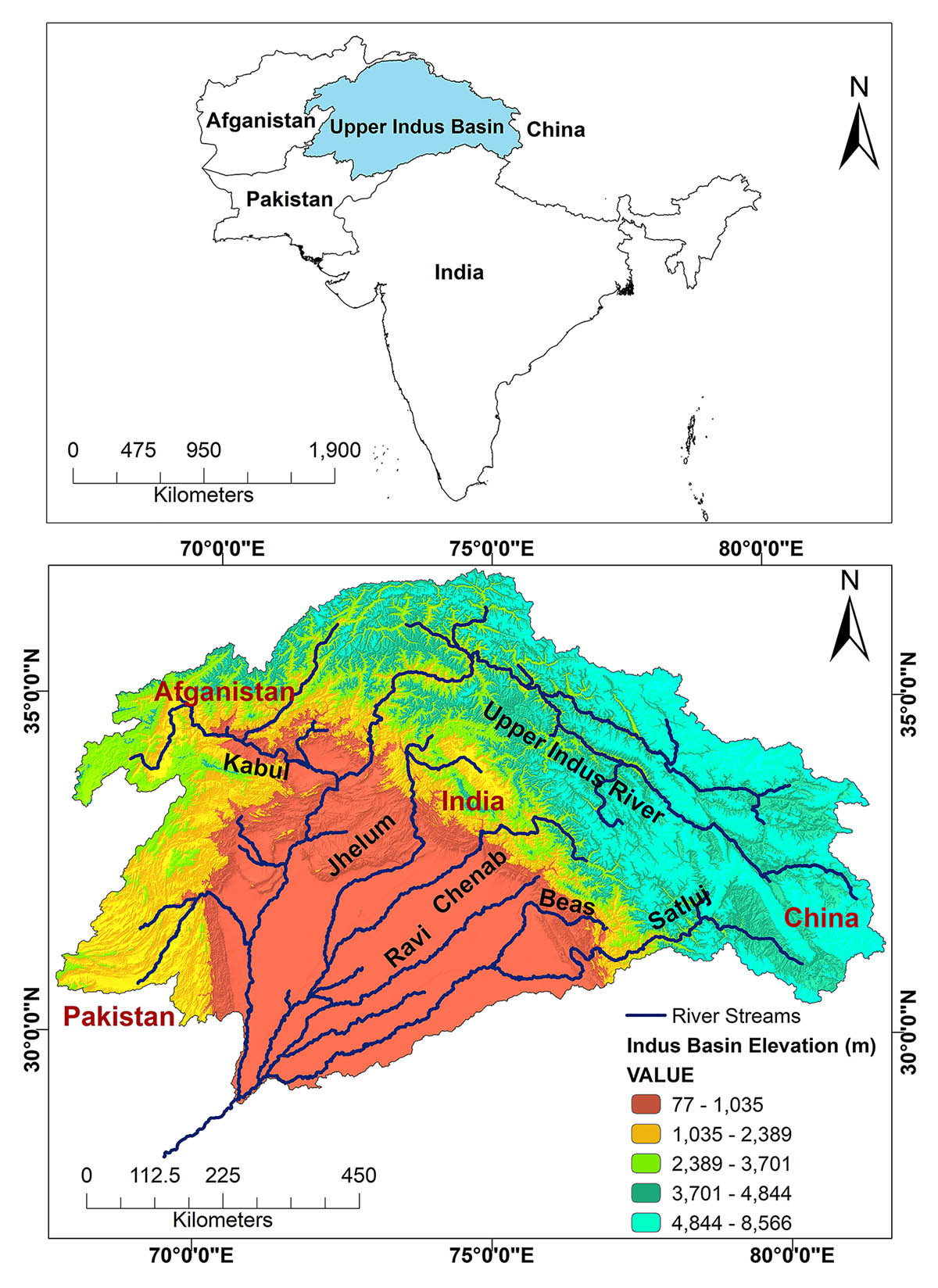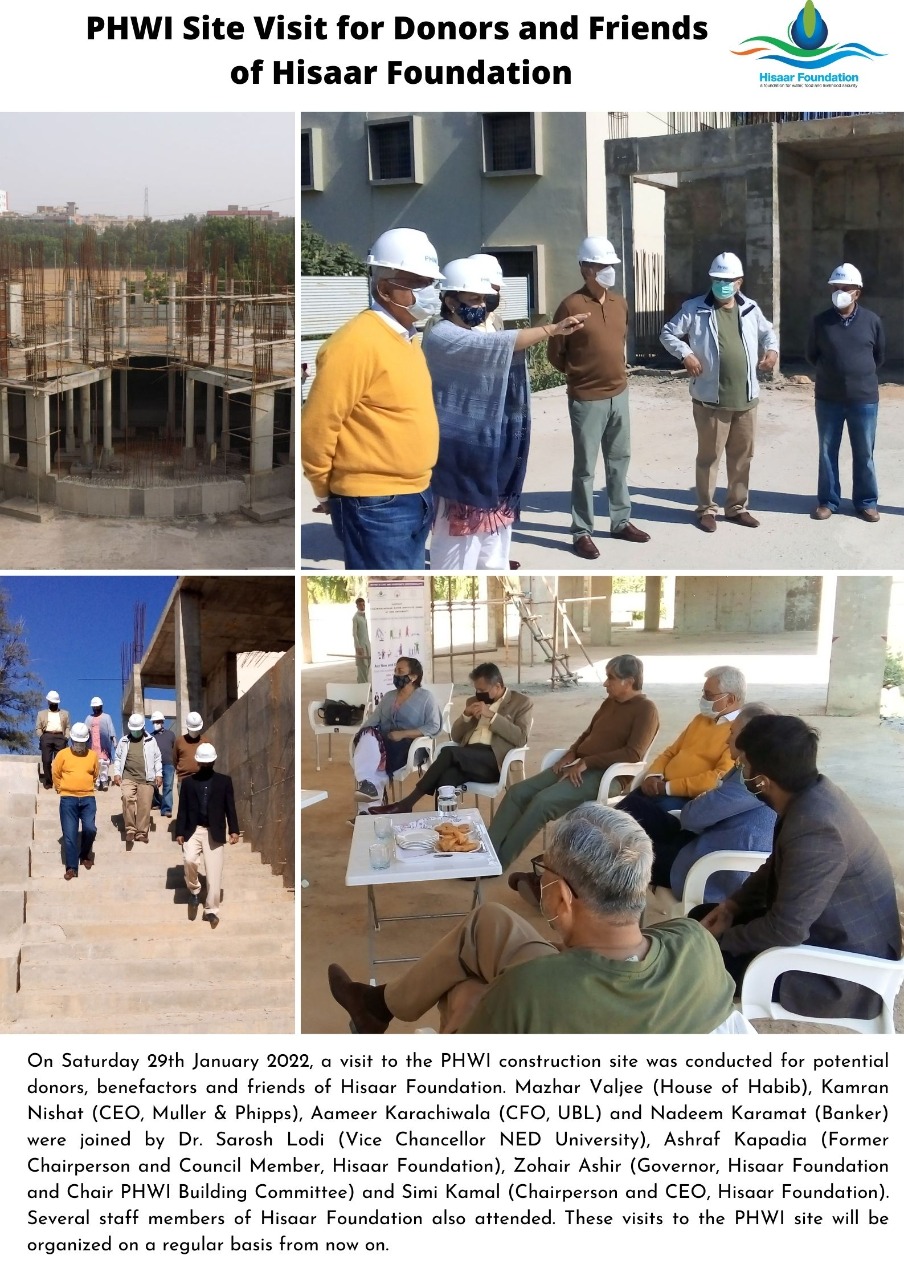5th Karachi International Water Conference
Climate Change and Pandemic: Impact on Water
Held on 23rd Dec, 2021 the final webinar ‘Water and Climate Change: Reimagining Women’s Leadership’ in the 5th Karachi International Water Conferences (KIWC), Climate Change series focused on the recognised pivotal role of women in water management and the way forward for female leadership. Experts reflected on how women are significantly impacted by climate change and water scarcity and suggested that involving women as stakeholders at all levels of the water sector is necessary.
Climate, COVID and conflict are going to be the new normal according to Ms. Aisha Khan, CEO, Mountain and Glacier Protection Organization and the time for projecting women as victims is over, we now need to look at them as part of the solution and empower them to become partners in decision making, as agents of advocacy, as independent actors instead of perpetuating the dependency syndrome that has outlived its time. The second keynote speaker, Ms. Simi Kamal, Chairperson Hisaar Foundation, criticized the lack of women inclusion in decision making platforms at various water management institutions of Pakistan such as WAPDA and Sindh Irrigation Department. She recommended combining the gender equality and equity goals with WASH related goals and that SDGs can be a critical pathway to transforming gender relations and supporting women and girls as agents of change to lead and participate in social, economic and political aspects of water.
Reflecting on historical environmental movements led by women, Dr. Fazila drew inspiration from these eco feminist movements and analyzed strategies to bolster women’s role for effectively leading climate activism in Pakistan. She suggested that women that have the privilege should come forward and support other women from rural areas and empower them to overcome WASH challenges. In the second half of the session panelists moderated by Ms. Mehr, Governor, Hisaar Foundation shared ground realities of the impacts of water availability and climate change on the rural women in Pakistan. Ms. Seema Taher Khan, CEO, Airwaves Media presented a vision story of women and their potential to soar in the WASH sector, she added that without the inclusion of women in the policy making processes it is impossible to arrive at sustainable solutions to address climate change, water and pandemics challenges. Ms. Granaz Baloch, Climate Facilitator, Global Assembly shared her experiences and hardships of the women and girls from the rural area of Balochistan. In the absence of provincial water policy and a climate change policy, women from Balochistan are deprived of their basic human rights and are the most disadvantaged by water scarcity in the region.
Ms. Mehr concluded the discussion and reviewed that there are now evidence-based linkages between climate change and gender-based violence, this has achieved due to awareness created on these issues by the participation of women at various forums and activist movements and similar efforts have to be replicated in the water sector to bring forth its issues.
The panel discussions ended with a question and answer session among the panelists on questions posted from over 100 online participants on various digital platforms. Concluding the webinar, the moderator, Ms. Zarreen, Governor, Hisaar Foundation, stressed on the significance of community ownership and collective action of women themselves for advances in the water sector. The webinar series wrapped up with a vote of thanks by Ms. Sanaa Baxamoosa, General Manager, Hisaar Foundation, she thanked the speakers, participants, sponsors, technical and media partners, Hisaar Foundation governors and the webinar team for all their efforts.




